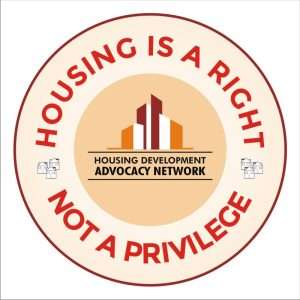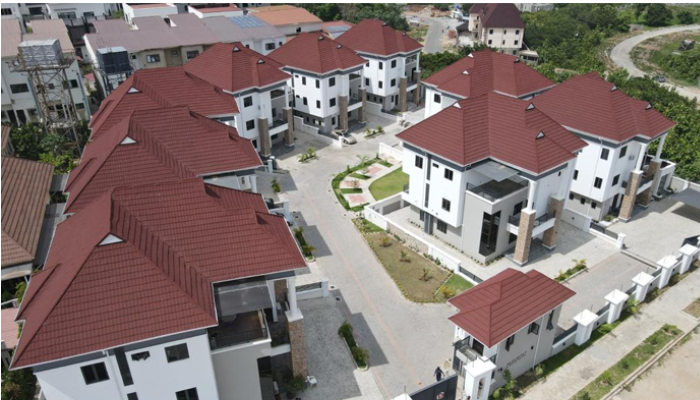Nigeria’s real estate sector is poised for significant growth in 2025, driven by rapid urbanization, a growing population, and increasing demand for housing.
Despite economic challenges, real estate remains a resilient and profitable investment, offering long-term financial security and wealth accumulation.
According to Akintoye Adeoye, President of the Real Estate Developers Association of Nigeria (REDAN), “We expect the real estate sector to improve in 2025.” With strong market fundamentals, now is an opportune time for investors to explore opportunities in Nigeria’s real estate landscape.
1. High Demand for Housing
Nigeria’s population, currently over 220 million, is projected to exceed 400 million by 2050, according to the United Nations. This population boom has resulted in a housing deficit of over 28 million units, as reported by the Federal Mortgage Bank of Nigeria (FMBN).

Major urban centers such as Lagos, Abuja, Ibadan, and Port Harcourt are experiencing increased migration, further fueling the demand for residential properties. With supply struggling to keep up, real estate investors—particularly those in rental housing—stand to benefit from high occupancy rates and steady rental income.
2. Rising Property Values
Property prices in Nigeria have shown resilience despite economic fluctuations. The National Bureau of Statistics (NBS) reported a 5.3% growth in the real estate sector in Q3 2024, positioning it as the third-largest contributor to the economy, surpassing oil and gas.
In Lagos, properties in high-demand areas like Lekki, Ikoyi, and Victoria Island appreciated by an average of 15% in 2024. A similar upward trend is expected in 2025, making real estate an attractive investment for long-term capital appreciation.
3. Strong Rental Yields
Nigeria’s rental market remains highly profitable due to increasing urban migration and limited homeownership affordability. Research from Estate Intel shows that rental yields in prime areas such as Lekki, Yaba, and Ikeja GRA range between 6% and 12% annually, outperforming traditional savings and fixed deposits.

Additionally, the growing popularity of short-let apartments and co-living spaces among young professionals and expatriates provides lucrative opportunities for property investors. In December 2024 alone, short-let apartments contributed $13 million in revenue, signaling strong market demand.
READ ALSO: Impact of Climate Change on African Real Estate Sector and Sustainable Solutions
4. Government Support and Policies
The Nigerian government is implementing policies to support real estate investment, including:
- Reduction in land documentation costs: States like Lagos and Ogun have streamlined land registration processes to encourage property ownership.
- Affordable housing initiatives: The Federal Mortgage Bank of Nigeria (FMBN) continues to provide low-interest loans through the National Housing Fund (NHF) to assist homebuyers.
- Tax reforms: Set to take effect in July 2025, these reforms aim to ease business operations and attract both local and foreign investors into the real estate sector.
According to Yomi Olugbenro, West Africa Tax Partner at Deloitte, “The goal is to make the business environment easier and use tax policies as a tool to attract capital.” These initiatives create a more favorable investment climate for real estate developers and investors.
5. Real Estate as a Hedge Against Inflation
With Nigeria’s inflation rate at 34.8% as of December 2024, real estate remains one of the most effective ways to protect wealth. Unlike the naira, which has experienced volatility, property values tend to appreciate over time, preserving purchasing power.
Additionally, high-end short-let apartments targeting expatriates and business travelers offer opportunities for dollar-denominated earnings, providing further protection against currency depreciation.
Conclusion
Investing in Nigerian real estate in 2025 presents a strategic opportunity for long-term financial growth. With high housing demand, rising property values, strong rental yields, and government-backed policies, the sector remains a stable and rewarding asset class.
For investors looking to diversify their portfolio, Nigeria’s real estate market offers a promising avenue for wealth creation and financial security.




